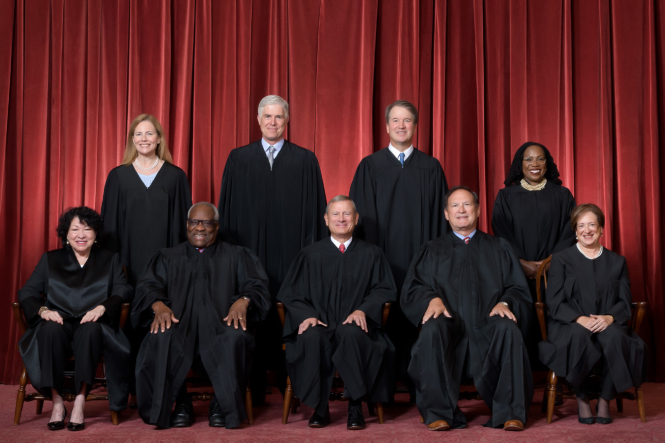The U.S. Supreme Court has agreed to hear Louisiana v. Calais, a case that voting rights advocates warn could significantly erode protections for minority voters under the Voting Rights Act of 1965.
The announcement, which drew limited mainstream coverage, has sparked concern among civil rights groups and political analysts, who say the decision to take up the case signals a willingness by the court to reconsider longstanding safeguards that guarantee equal representation for minority communities in congressional and legislative districts.
The Voting Rights Act — a landmark achievement of the civil rights era — was designed to ensure minority voters had equal access to the ballot box and that district boundaries fairly reflected population demographics. In Louisiana v. Calais, the plaintiffs argue that certain provisions of the Act discriminate against white voters, an argument critics describe as an inversion of the law’s original intent.
Some legal observers warn that if the Court sides with the plaintiffs, the ruling could open the door to more aggressive gerrymandering across the country, potentially allowing states to draw district maps in ways that dilute the voting power of communities of color.
“This could impact states far beyond Louisiana,” one election law expert noted, pointing to Texas and other states where district maps have already faced legal challenges.
Analysts also link the case to broader conservative legal strategies, such as those outlined by the Heritage Foundation and Project 2025, which seek to consolidate influence across all levels of government, including the judiciary. The fear among voting rights advocates is that a ruling against key provisions of the Voting Rights Act could tilt electoral outcomes for decades.
The Court’s decision is expected to have national implications, especially in states where demographic shifts have increased the voting power of nonwhite populations.
With arguments yet to be scheduled, advocacy organizations are preparing legal and grassroots campaigns aimed at protecting federal voting rights protections.

